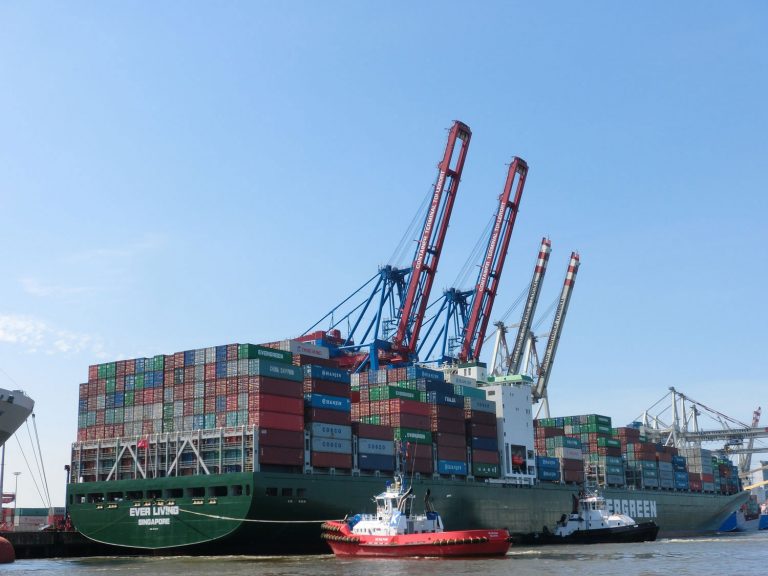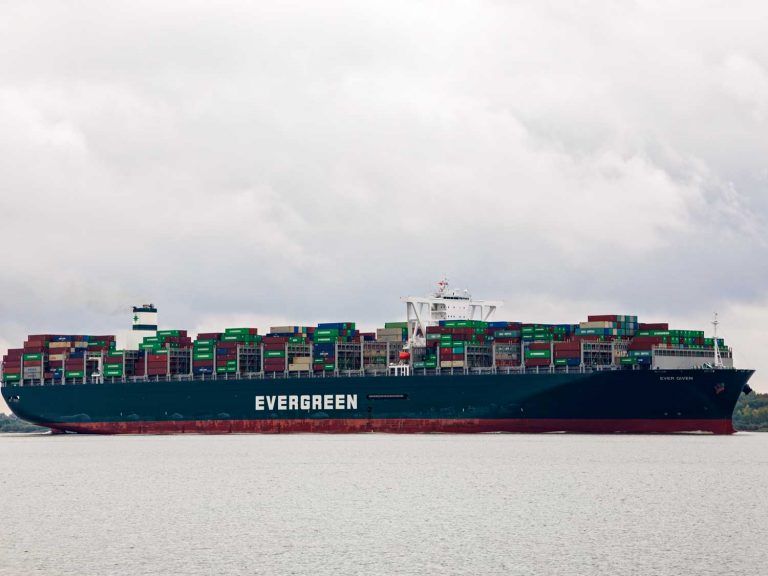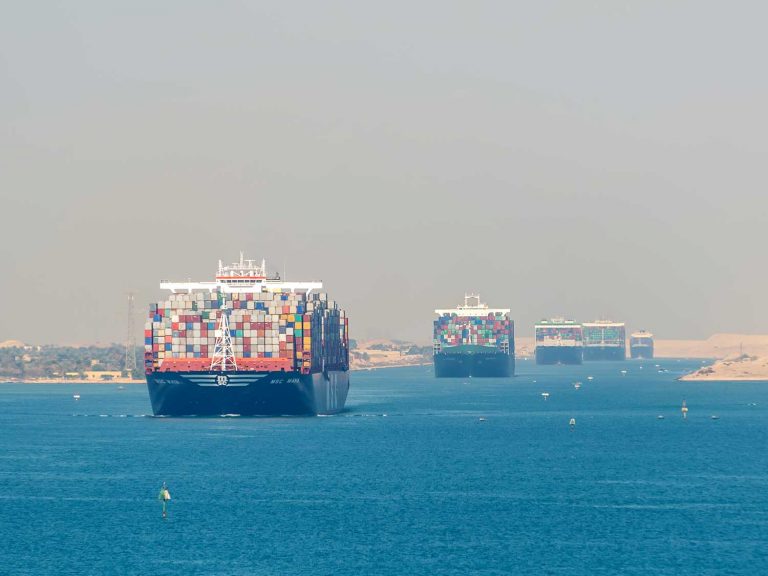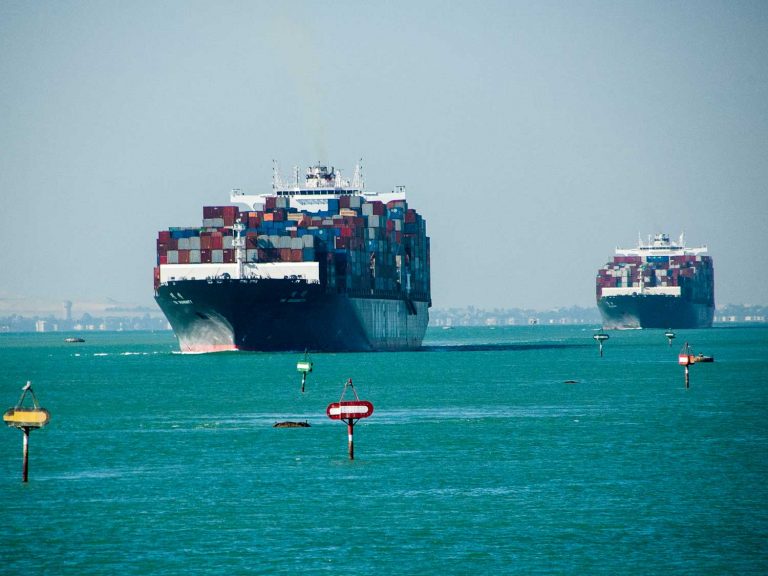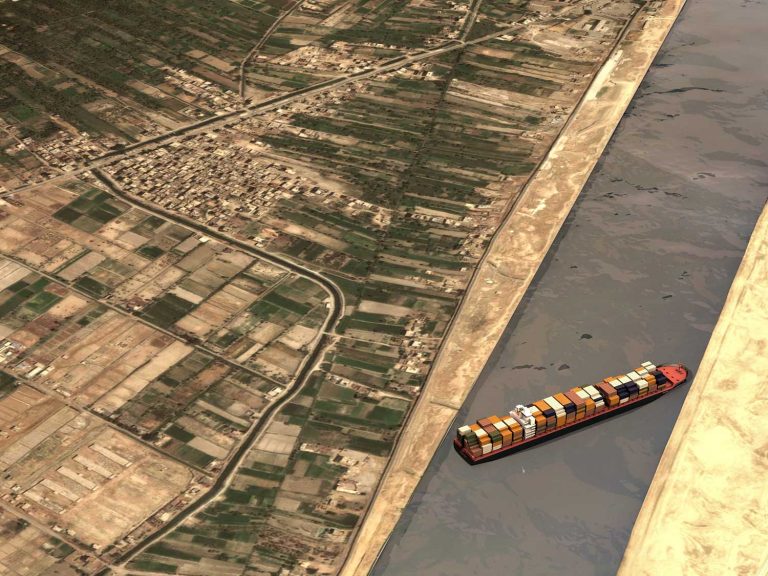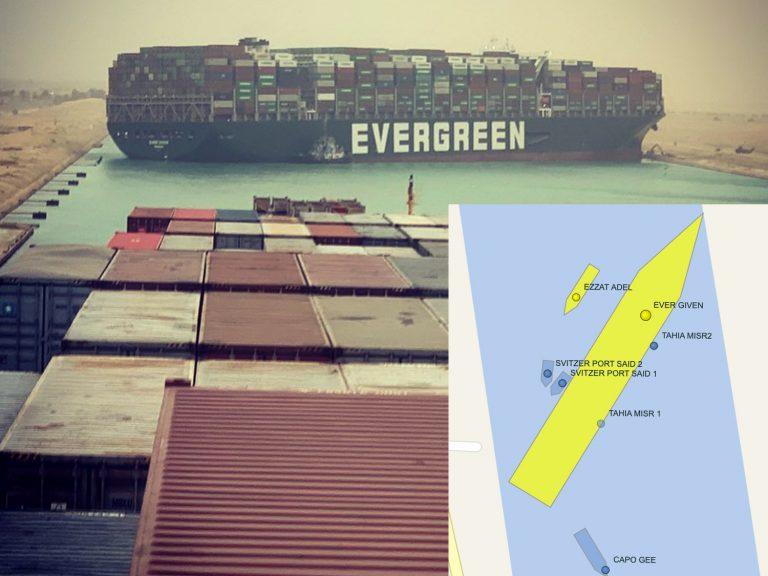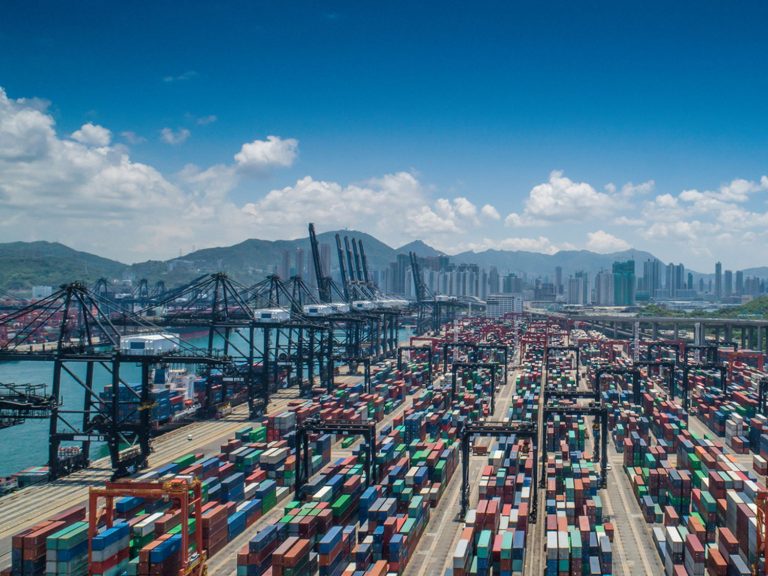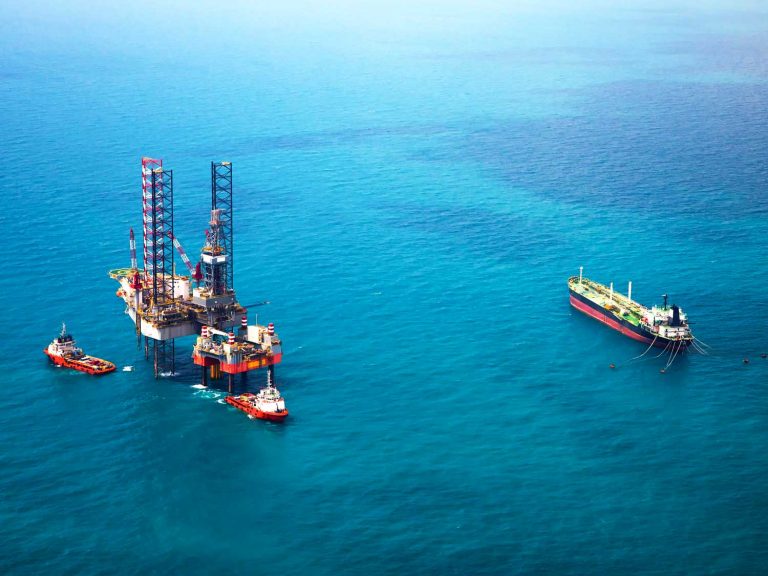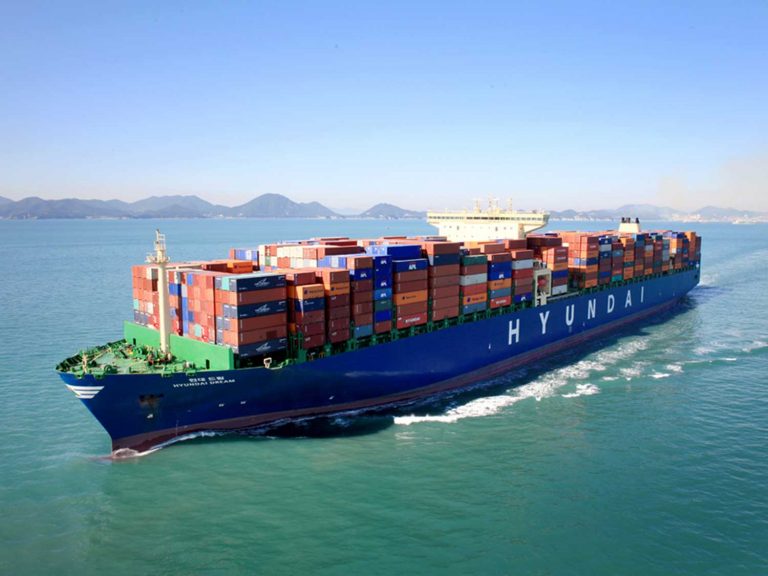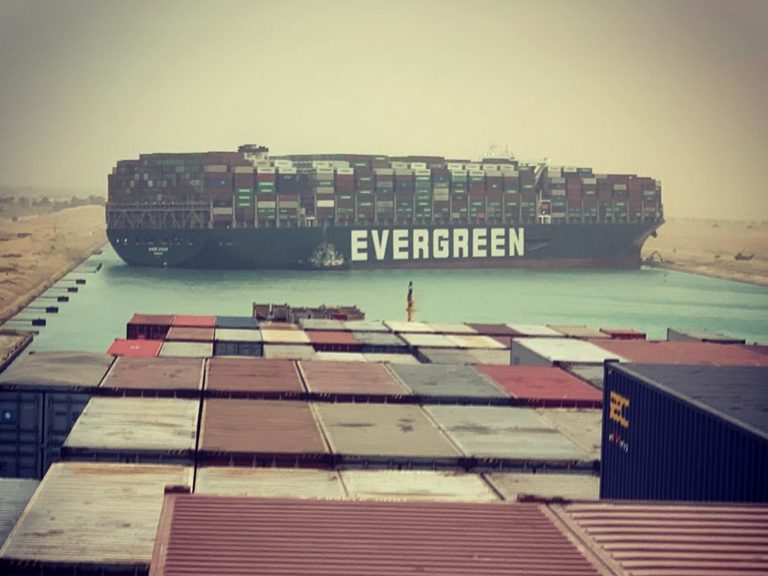Global ports likely to face weeks of ‘critical’ delays
Terminal operations and supporting infrastructure at the most important mainland European and UK ports will be put under immense pressure over the next four weeks, as they try to work through the backlog of 1.9m teu delayed by the six-day Suez Canal closure.
Over 370,000 teu is currently en ro...
Read more Ever Given, General Average declared, and vessel arrested by the Suez Canal Authority to recover $1 billion compensation
The 400m long vessel blocked the canal for six days and more than a dozen tug boats, multiple dredgers and 800 personnel were used in the recovery operation, with Egyptian authorities reportedly seeking more than $1 billion in damages to cover these costs and the loss of canal revenue.
Th...
Read more Carriers tackle post-Suez scheduling and equipment issues
As global shipping struggles to adjust from the Ever Given grounding and the six day Suez Canal closure, container carriers have the challenge of recovering schedules and repositioning containers due to the effect of over a week’s loss of capacity.
With close to...
Read more Lloyds List: Sometimes, no publicity really is bad publicity
Shipping executives had an opportunity to be front and centre in the international news cycle and deliver an important message about how trade works. Instead, they chose to hide in the shadows. Complaints about sea blindness will not be taken seriously next time they matter.
A week-long shut d...
Read more Maintaining time-critical supply chains post-Suez Canal blockage
There has been only one story in town for the last week! Even though the Ever Given has been re-floated and the Suez Canal is working to clear the backlog of waiting vessels, a huge amount of uncertainty remains and we should still expect a shortage of containers at many origins, vessel diversion...
Read more Metro move quickly to maintain visibility of freight movements after the Suez episode
One of the first casualties of the Ever Given’s grounding in the Suez Canal was vessel visibility and shipping line schedule integrity. With so many vessels delayed, out of position or diverted, visibility of their cargo’s location was critical for shippers but, with most shipping lines unabl...
Read more Suez Canal Closure Latest – Important Operational Update – Please Read
At approximately 15:00 today The Ever Given has been successfully refloated within the Suez Canal and is currently leaving the grounding site with the assistance of tugboats. As soon as she is clear of the Canal, the authorities will resume normal operation and start to clear the hundreds of vess...
Read more Day 3 ; Blocked Suez Canal could unleash even more congestion on the main Europe/ Asia/ Europe trade
As of noon today the ultra large container vessel Evergreen Ever Given remains lodged sideways in the main channel, blocking vessels in both directions along the Suez Canal, creating one of the worst shipping jams seen in years and threatening even more chaos, when the grounded vessel arrives in ...
Read more Q2 sea freight market report
With the 2nd quarter (Q2) of 2021 just a week away, we review five key issues, that are likely to impact maritime logistics platforms over the next three month period and the actions that you can take to protect your cargoes and the integrity of your supply chains.
Equipment, space and congest...
Read more Lines set to impose new round of increased fuel surcharges for Q2
The sea freight bunker industry has been undergoing significant change since the introduction of the IMO2020 rule and the impact of measures taken in response to the Coronavirus pandemic have contributed to major shifts in oil market dynamics, with rising prices encouraging shipping lines to incr...
Read more Ocean Container Carriers supply & demand gamble
Global lockdowns continue to drive consumer demand for goods, keeping ships full, sea freight rates high and leading shipping lines to take ever more desperate measures to increase their capability to take revenue opportunities. But, have they got their calculations right, or will their drive to ...
Read more Suez Canal blocked by container ship
At 7:40 am on 23 March 2021, the 20k TEU container ship Evergreen Ever Given was navigating the Suez Canal when it ran aground, turning the ship sideways and blocking the canal, with the potential to impact oil and sea freight prices if she cannot be freed quickly by the tugs currently trying to...
Read more 
